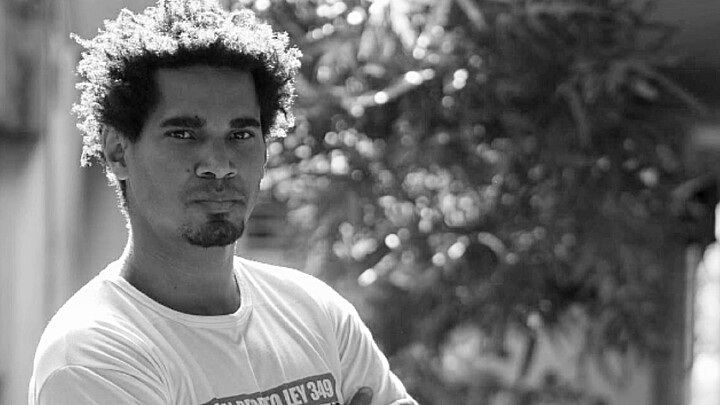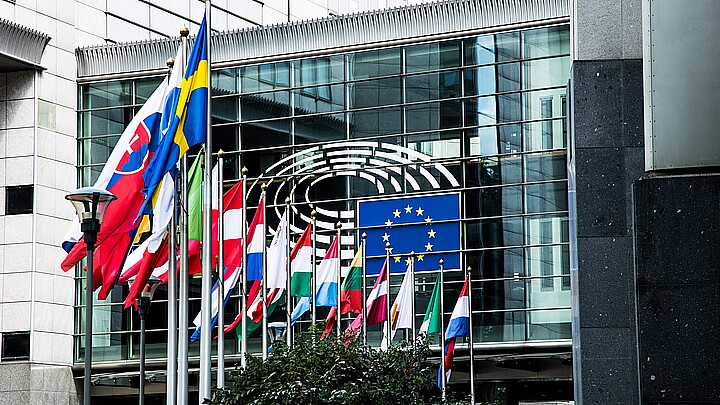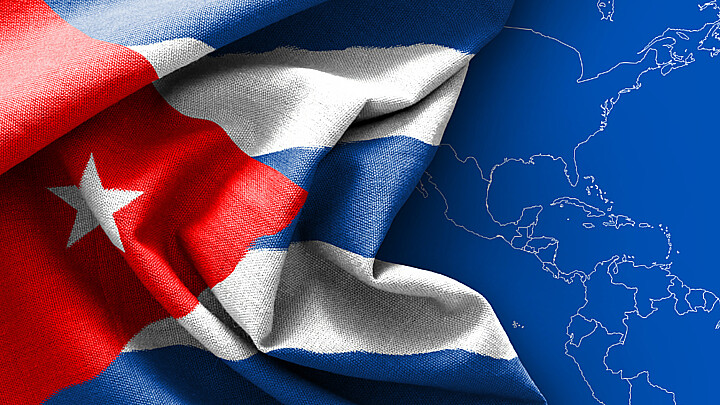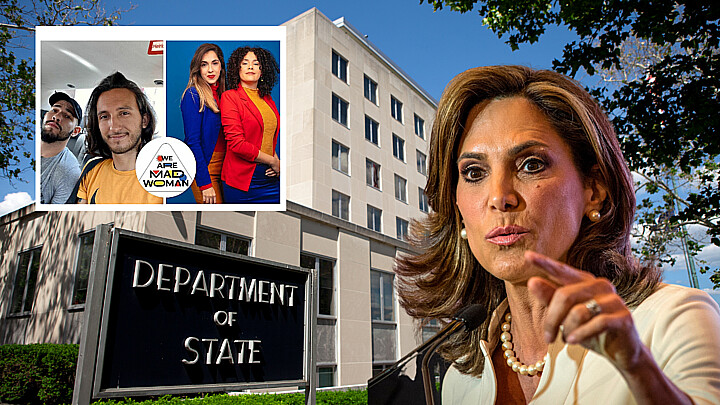Human Rights
Cuban regime to impose up to 10 years in prison for receiving foreign financing
With the new penal code, the Cuban regime could sentence those with access to the funds from independent and foreign entities to four to ten years in prison
January 27, 2022 1:22pm
Updated: January 28, 2022 6:17pm
Cubans receiving funds from independent or foreign entities could be sentenced between four to ten years in prison, according to the preliminary draft of the new Penal Code published on January 20 by the People's Supreme Court.
The National Assembly of People's Power—the Parliament—will have to approve the final document next April. The new penal code incorporates the criminal offense "Other acts against State Security," according to the preliminary draft.
Article 143 states that "a prison sentence of four to ten years" is incurred by any Cuban who, "by himself or on behalf of non-governmental organizations [NGOs], international institutions, associations, or any natural or legal person of the country or a foreign State, supports, promotes, finances, provides, receives or has in his possession funds, material or financial resources, for the purpose of financing activities against the State and its constitutional order."
The government of the Communist Party of Cuba criminalizes activities such as journalism and independent cinema. In addition, it represses political, economic, and civil society organizations that are not controlled by the state. Those who violate any of the state’s prohibitions can be prosecuted by fabricating ordinary crimes.
With this new article, the regime will have "another repressive legal tool to prosecute those who receive or finance what the government considers to be activities against the State and its constitutional order," warns lawyer Eloy Viera in an article published in El Toque.
"Political work or social activism cannot be sustained over time without financing,” said Viera. “Philanthropy and the financing of organizations and individuals who intend to carry out lawful work is not considered a crime in most of the world. On the contrary, the application to public or private, national, or foreign funds is a very common way of sustaining activities as diverse as the promotion of human rights or scientific research".
“If we Cubans have learned anything, it is that actions against the state in Cuba are anything that the political class that enjoys privileges understands as a risk to itself and its hegemony," posted Viera on social media.
"This is one more step in the arming of the Cuban regime. In the search for new tools to defend itself from its citizens," concluded Viera.
The new legislation would particularly hurt independent journalism. Last December, the Committee to Protect Journalists (CPJ) included Cuba in the 2021 list of governments that imprison reporters.
Cuba ranked 19th in the world in the CPJ list, citing the cases of independent journalists Camila Acosta, Mary Karla Ares, and Lázaro Yuri Valle Roca.










